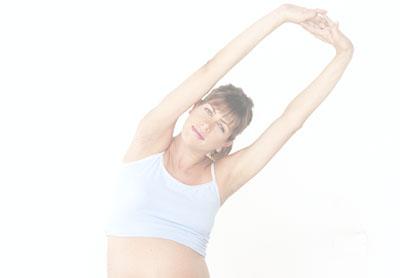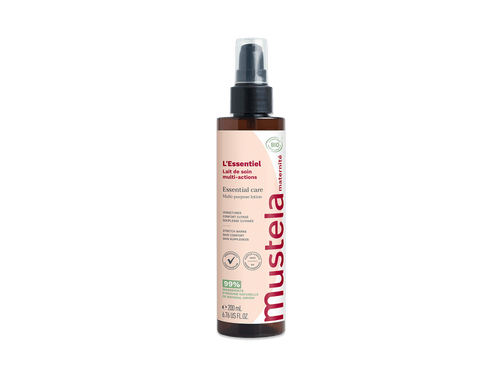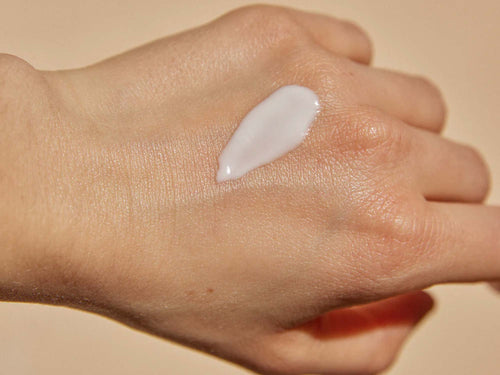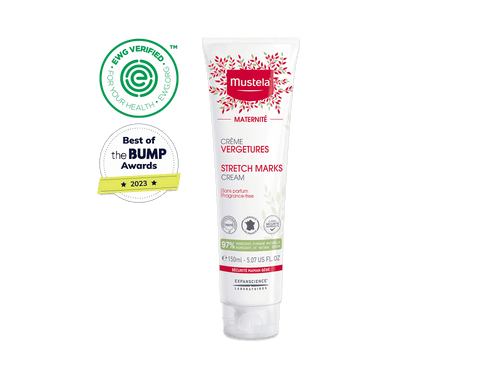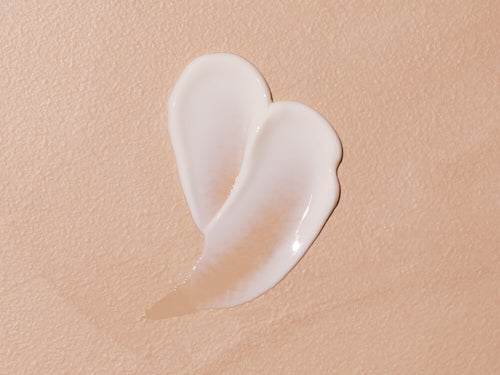Along with feeling tired and nauseous, discomfort in your breasts is one of the first signs of being pregnant. Even before you get that positive pregnancy test, you may notice your breasts feel increasingly sore, swollen, or sensitive. These changes may feel like a magnified version of how your breasts feel right before your period, including:
- Swelling
- Soreness
- Feeling tender to the touch
- More visible veins
It’s not just the breast tissue. You’ll notice changes to your nipples and areolas too:
- Nipple soreness
- Larger, more protruding nipples
- Larger and darker areolas
Bumpier areolas - they may look like little goosebumps but they’re called montgomery's tubercles. These glands secrete oil to ward off bacteria, which is especially important during breastfeeding.
Causes Of Breast Changes During Pregnancy
Breast soreness and tenderness is caused by the influx of hormones that accompanies pregnancy. When you’re pregnant, your body starts rapidly producing estrogen and progesterone, which will affect both the size of your breasts and their sensitivity. Your body will also start to accumulate fat in and around your breasts to prepare your body for breastfeeding once your precious baby is born.
While these feelings of discomfort usually subside after the first trimester as your body gets used to the changing levels of hormones, there are a number of ways to ease the pain and soreness until it naturally goes away. Here’s what to expect from your changing bust, and how to handle it during the next nine months.
1. Find A Comfortable Bra

As your pregnancy progresses, you’ll notice that your regular bras don’t provide the coverage or support that they used to. Now is the time to find a comfortable, yet supportive bra to accommodate your growing breasts. Most women go up about two cup sizes throughout the nine months of their pregnancy, so be prepared to go through multiple fittings and buy a variety of bra sizes. To find a properly supportive bra, get measured by a bra sales representative who has experience helping customers find the perfect fit. It’s even better if they have experience with expectant mothers. Many soon to be moms need to get measured each trimester as their breasts increase in size.
When looking for new bras, avoid uncomfortable underwire. A bra with wider straps, deeper cup sizes, and more coverage will be more comfortable. Before purchasing a new bra, it’s a good idea to try it on. We recommend shopping in a store, over shopping online, as this will allow you to try on a number of different options and also test the fabric to make sure it’s comfortable on your sensitive skin.
2. Use A Soothing, Firming Lotion

Your breasts are made up of fat and tissue, which means their firmness comes solely from the firmness of your skin. However, because your breast will grow quickly during pregnancy, your skin will stretch and lose elasticity. Reduced skin elasticity can lead to stretch marks if not properly cared for in advance. To protect your breasts from developing stretch marks, begin adding products into your everyday skin care routine that will help your breast retain their elasticity over the coming months.
Try Mustela’s Bust Firming Serum. It’s hypoallergenic, safe for breastfeeding, and free of parabens, phthalates, phenoxyethanol, bisphenols A and S, caffeine and alcohol. It contains a combination of centella asiatica and Elastoregulator®, to help firm and tighten the skin around your breasts. It also contains avocado peptides, which can help relieve soreness and tightness. When applying Mustela Bust Firming Serum, massage it gently on your breasts from the inside outwards and moving upwards towards the neck. Most moms apply the serum twice per day throughout their pregnancy and post-pregnancy.
We also recommend Mustela Stretch Marks Cream. It’s formulated with Galactoarabinan, a patented stretch mark care ingredient to help your skin withstand stretching. It also contains Beeswax and shea butter to keep your skin soft and nourished.
Expert Tip: Once you have your new baby and begin breastfeeding, care for your nipples to avoid cracking and soreness. Mustela's Nursing Comfort Balm will ease discomfort and moisturize sensitized nipples. Plus, it’s environmentally friendly, made of 100% naturally derived ingredients, and safe for both you and your baby during prenatal and postpartum pregnancy.
3. Exercise Your Back And Chest Muscles

Exercise is an important part of staying healthy and if started early, can also help prevent breast discomfort. Get the go-ahead from your doctor before beginning a regular workout plan.
A major part of your prenatal workout regimen should focus on your back alignment and chest muscles. To prevent your breasts from sagging and to help minimize back pain, make sure that you maintain a good posture throughout your workouts: lengthen the top of your head and neck, roll your shoulders back, and stick out your rib cage.
To strengthen your chest muscles, perform pectoral exercises up to twice per week. Early on in your pregnancy (before your belly gets in the way!), try push-ups. Even if you can’t do a full push-up, do a modified version with your knees on the ground. A lower-impact option is to place your hands together with your elbows at shoulder height, press the palms of your hands toward each other, and breathe in. Hold this position for three seconds, then relax and breathe out. Repeat this exercise up to fifteen times per day.


